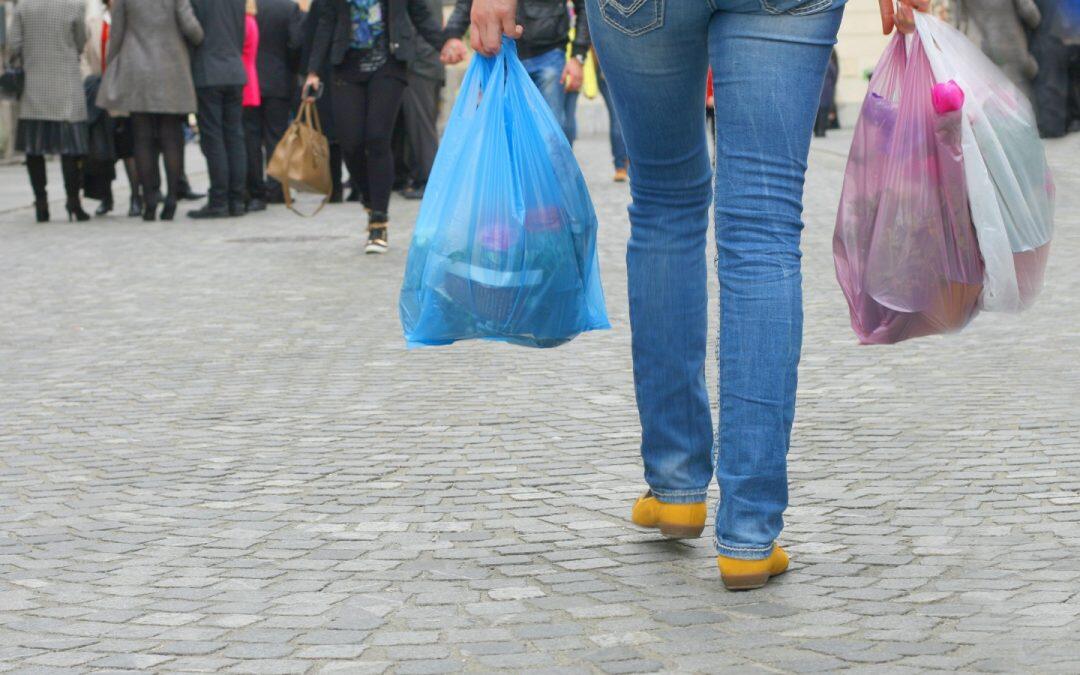A study by the TESCO supermarkets in the UK, said that since the introduction of the levy, a year ago now, customers in England have saved more than 1.5 billion units of non-reusable plastic bags.
Last week, in the UK, the German supermarket chain Lidl agreed to withdraw, in all its establishments in England, Scotland and Wales, bags of plastic non – reusable sale to the public. It is estimated that this measure could result in savings of 63 million units of plastic bags per year, equivalent to 760 tons of plastic.
In a way, the tax on shopping bag also represents a success story of CSR, where retailers now use the profits from the tax to boost social development projects.
Asda, for example, recently announced that it would donate 1 million pounds (1.12 million euros) to social enterprises in Scotland.Marks & Spencer is also donating half of the proceeds from the taxation of non – reusable bags to local charities, and the other half to international charities like Macmillan (organization of research on cancer ) and the Marine Conservation Society.
Richard Kirkman, Veolia ‘s technical director for UK and Ireland, said that “in only 365 days we have seen a huge drop in the bags that come into our facilities. In fact, the bags of plastic collected by Veolia have been reduced from 170 million to about 40 million since the 5p charge (0.45 euros) came on October 5 last year – representing a reduction of 75% . It is a great achievement and, as anation, we must be very proud. ”
Over the next 10 years, the government hopes to raise more than 730 million pounds of tax, which has already helped reduce average use plastic bag not reusable by 80% in the country.
Last week, the investigation revealed that the vast majority of the British population now carries its own bags to supermarkets in order to move the food purchased.











